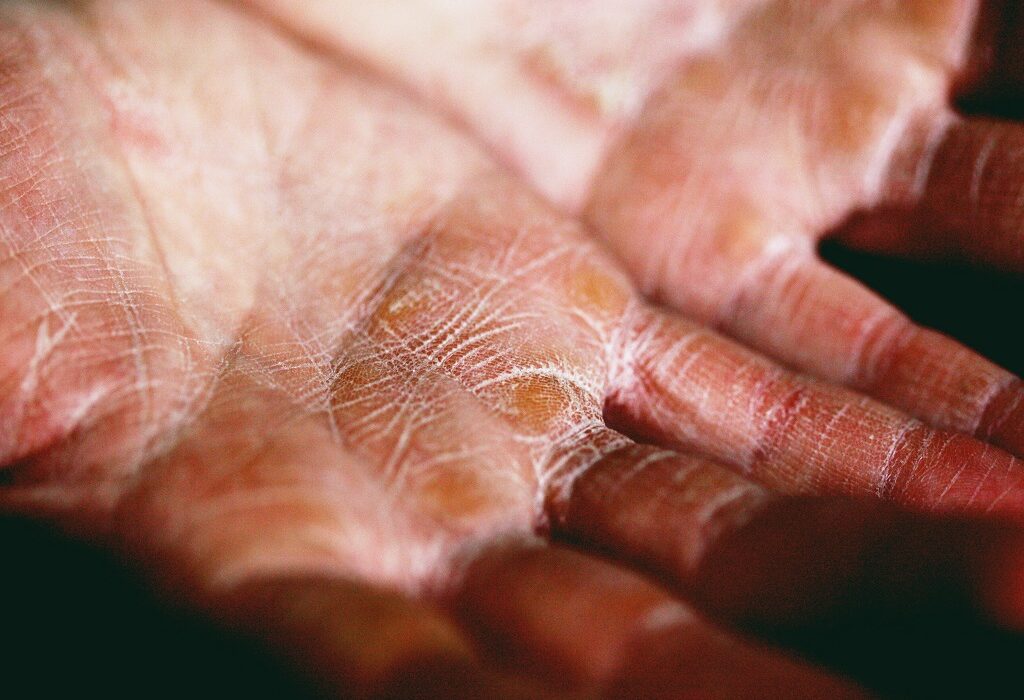Eczema is a chronic skin condition that afflicts children, teens, and adults. It causes the skin to become dry, itchy, and bumpy. Eczema belongs to a group of conditions that cause skin inflammation (called dermatitis). Unfortunately, eczema has no known cure but the symptoms can be managed by identifying triggers.
Eczema typically looks like a rash. However, it’s more than that. Read on to know more about this skin condition and how it can be managed.
Types of Eczema
An individual may have more than one type of eczema at a time. Following are the different types of eczemas:
- Atopic dermatitis
- Contact dermatitis
- Dyshidrotic eczema
- Neurodermatitis
- Nummular eczema
- Seborrheic dermatitis
Symptoms of Eczema
Eczema is often mistaken for a rash, but it’s more than flaky, itchy skin. Its symptoms are unique to every individual, and it isn’t contagious.
Below are some common symptoms of eczema:
- Red or brown patches of skin
- Intense itching
- Itching made worse by scratching
- Dry, thickened, leathery skin
- Swollen areas
- Small raised bumps that may ooze fluid
- Patches of crusty, yellowish skin, which can be a sign of infection
Infants are more likely to develop eczema on their forehead, scalp, and face. In older children and adults, it’s more common on the neck, wrists, ankles, creases of the elbow and knee, and the crease between the buttocks and the legs. Families having a history of eczema, asthma, or seasonal allergies are more likely to have this skin condition.
Eczema Triggers
Over time, researchers have identified certain common triggers of eczema:
- Cold or dry weather
- Dry indoor air
- Stress
- Food allergies
- Synthetic fabrics
- Animal dander
- Fragrances and detergents
- Sweat
- Temperature changes
- A cold or respiratory illness
Treatment
Doctors generally prescribe lifestyle changes to eliminate triggers and reduce eczema flare-ups. This might include getting tested for various food allergies to determine the relationship between a person’s skin and the food they eat.
Below are some more treatment options that medical professionals might prescribe:
- Light therapy
- Antibiotics to clear skin infections
- Anti-itch medications and topical creams
- Anti-inflammatory medications
- Topical creams that suppress your immune system
- Moisturizers to protect your skin from further irritation
- Sunscreen to avoid irritation by sun damage
- Bandages with a corticosteroid cream to wrap around your skin








